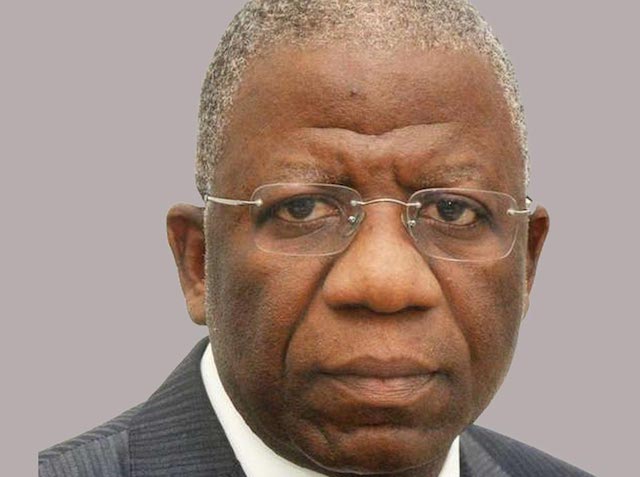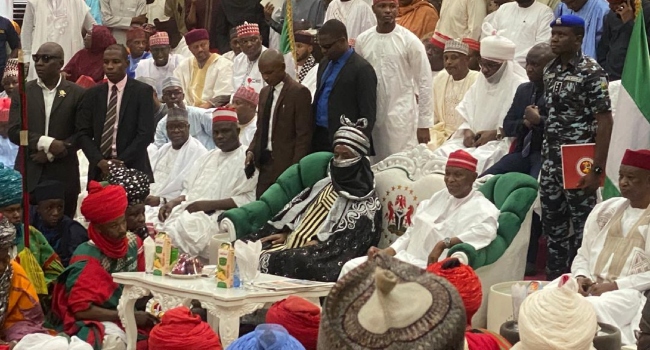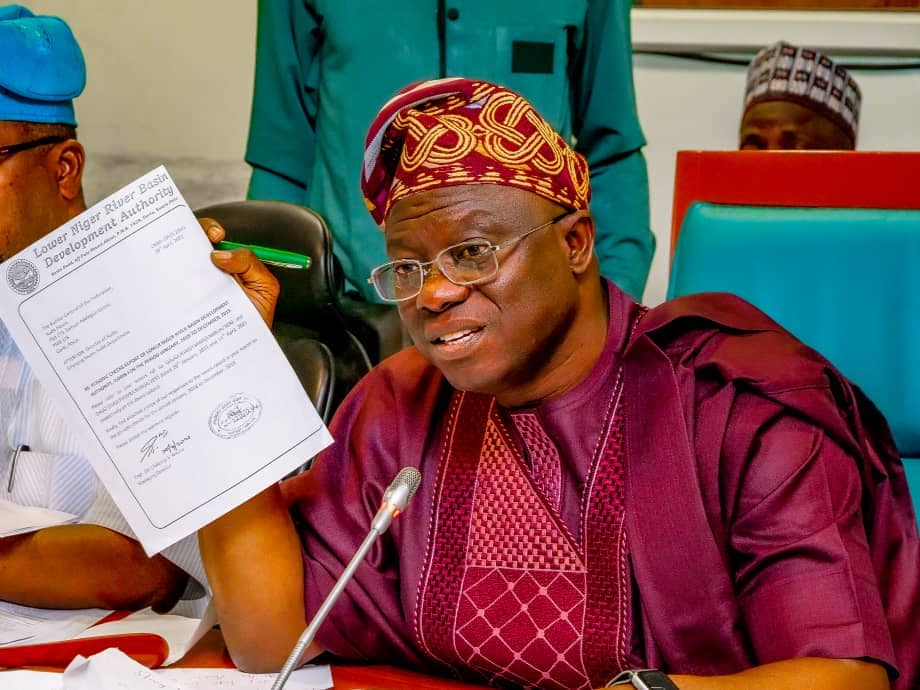
Independent Media and Policy Initiative (IMPI) says implementing Stephen Oronsaye’s report on public sector reforms will reduce cost of governance by at least N2 trillion every year.
IMPI applauded the Federal Government’s decision to allocate more funds to capital projects than recurrent expenditure in the budget for the first time in the Fourth Republic.
In a statement by its Chairman, Niyi Akinsiju, the group described the decision to buck a 24-year trend with the 2024 budget as a reflection of government’s sincerity to drive real economic growth.
According to the policy think-tank, there are a lot of positives to derive from a N28.7 trillion spending plan that seeks to correct years of budget imbalance between capital and recurrent expenditures.
It noted that even as the Federal Government is set to increase minimum wage, the challenge ahead lies in ensuring a better budget implementation in a country with a record of poor budget performance.
Expressing optimism that cost-cutting measures approved by President Bola Tinubu would ensure that more funds are freed for capital projects, it added: “We, however, feel sanguine over the prospect of attaining 100 per cent implementation of the capital expenditure aspect of the 2024 budget premised on freed revenue from the civil service reforms to be channelled into funding capital projects for the good of the larger percentage of Nigerians.
“From an analytical point of view, a budget with higher capital expenditure than recurrent is not only a driver of economic growth; it also impacts individual citizen’s quality and way of life.”
The group concurred with the 2019 submission of the Nigerian Institute of Social and Economic Research (NISER) that the only way to bring about a meaningful influence on the economy is to monitor and evaluate funds specially intended for capital expenditure and capital projects.
“It would, however, appear that the disequilibrium between capital and recurrent expenditures has been eventually corrected. For the first time in the present democratic dispensation, the 2024 budget, which is the first in the tenure of Tinubu, has more funds allocated to capital expenditure than recurrent. The budget of N28.77 trillion for the 2024 fiscal year has a recurrent expenditure of N8.73 trillion with N9.92 trillion allocated to capital expenditure.”
“Granted that what was passed by the National Assembly was N1.28 trillion more than the original N27.5 trillion spending plan, there are indeed good signs and prospects for a budget that is to be financed through a non-debt revenue of N19.6 trillion and a deficit of about N9.18 trillion,” it added.













